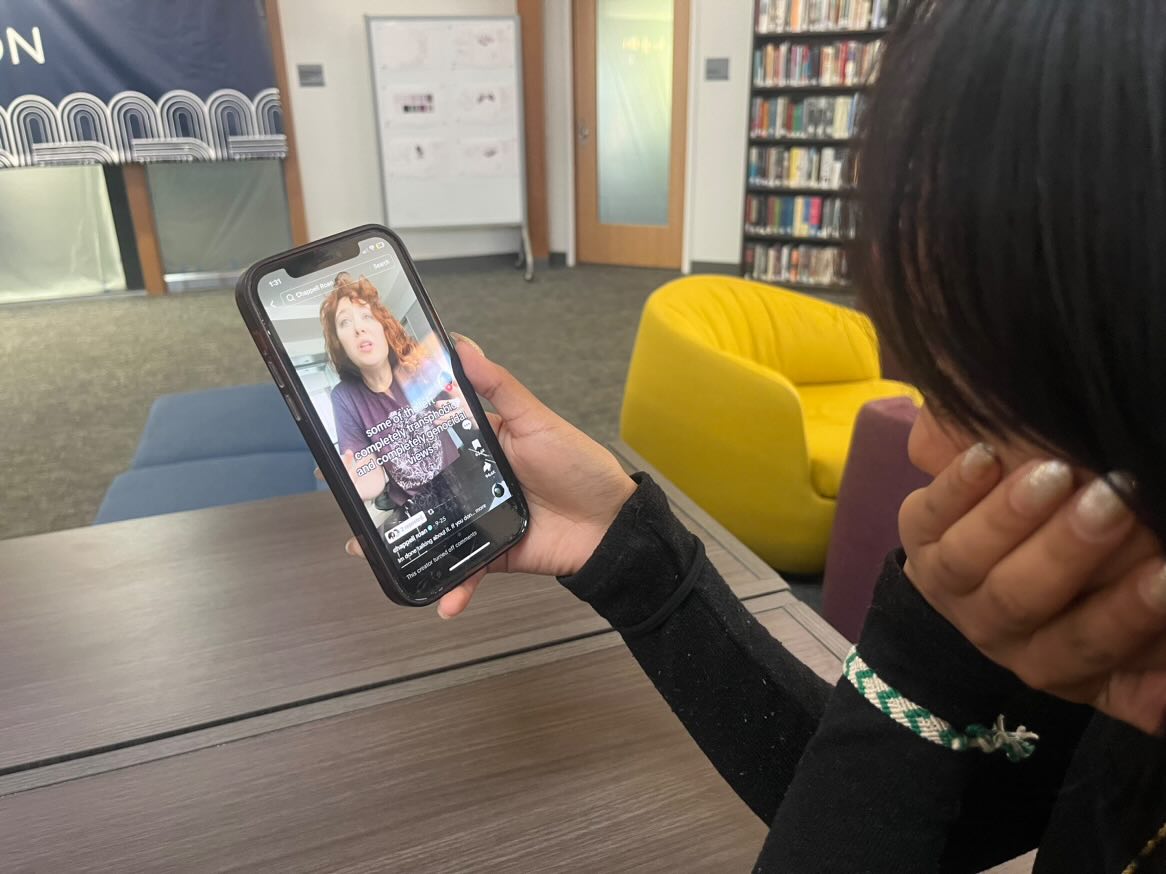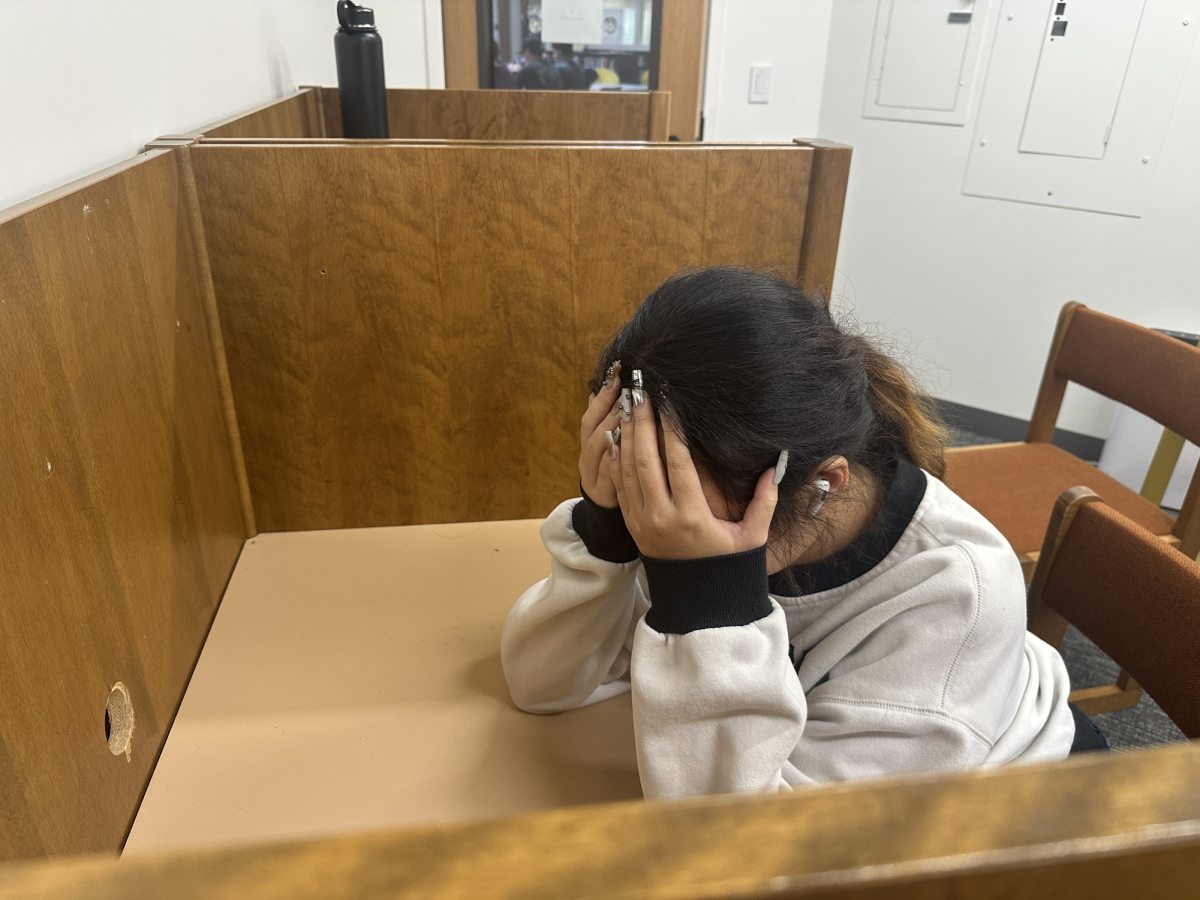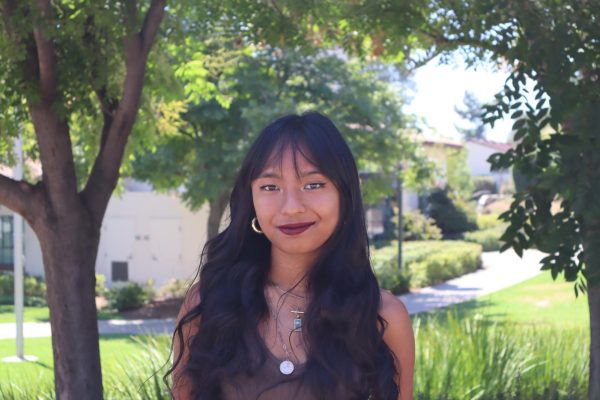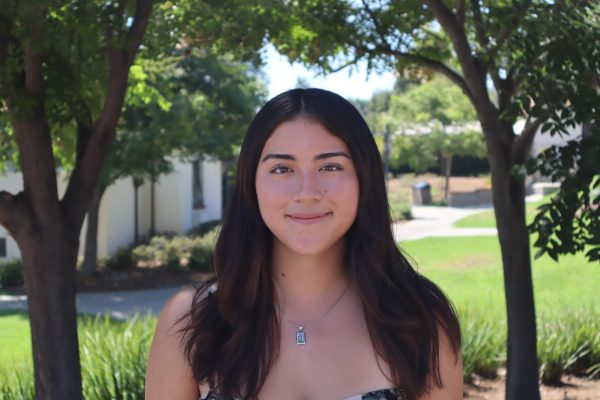Amidst the heated election season, Chappell Roan has found herself at the center of newfound fame. This rise in popularity has also unfortunately brought her to the center of a controversy surrounding her choice not to endorse a candidate. As Webb students, we must analyze this situation with nuance that points to a prominent value at Webb — the need for civil discourse.
Chappell Roan’s rise to fame has been a highlight of these years in the music industry. From drag inspired make-up looks to songs exploring compulsive heterosexuality, her songs have charted and gone viral on Tik Tok, sending her into unexpected fame and spotlight. All eyes are on Chappell, her music, her politics, and her words.
On September 25th, Chappell Roan expressed her frustrations about endorsement and putting her name behind a political figure on TikTok. She states that she “is not going to settle for the options,” but ultimately says she would be voting for Kamala Harris. This received some backlash from critics and fans alike that goes beyond celebrity gossip.
With the rise of the internet and online strategies during elections, politicians have turned to celebrities who have become a forefront for figures in which younger voters look to for values. Since they are in the public eye, people look to their actions and words for guidance. Chappell Roan received backlash for refusing to endorse either candidate, subverting the expectation for celebrities to endorse.
“People often forget that celebrities are also people too,” Emily Thornton (‘25) said. “They deserve their own right to privacy.”
If a celebrity endorses a cause, it is important to fans who will follow and support the cause. In the past, celebrities have endorsed political figures to not only let fans know their political views but also to possibly garner votes for their preferred candidate. Since this sway is so important, people will pressure celebrities to speak up during election cycles or current events.
Megan Thee Stallion and Eminem have been extremely open about their support for the Harris and Walz campaign, speaking at Harris’s rallies and praising her online. Zachery Levi and Le’Veon Bell have also done the same for Trump, demonstrating support for him at his rallies.
From disappointing presidential debates to a sudden democratic nominee change, this has been one of the most abnormal election cycles, and there is an expectation set on celebrities to “choose a side.” Critics of Chappell argue that her silence acts as apathy. Supporters of her argue that she should not be forced to endorse, defending her personal freedom.
“If some celebrities do share out, they’re going to get a lot of hate from the other people that don’t agree with them”, Chris Kim (‘27) said.
Even if Chappel does endorse a candidate, she will get hate no matter what.
This expectation from critics of Chappell Roan is flawed, oversimplifying and removing authenticity from the online political landscape as well as pointing to the lack of civil discourse. As she pushes for a more informed way for voters to engage in the election, we should bring these values back to Webb.
Many of the students and teachers at Webb share similar or the same political views. This agreement on politics creates an echo chamber of ideas where Webbies’ thoughts are never challenged.
“It’s vital that we create spaces where ideas are being challenged,” said John Choi, Director of Culture and Community. “It’s about understanding and perspectives. Not only does this foster empathy but also fosters new ideas and growth.”
However, having your ideas challenged and comprehending all contexts are important parts of understanding politics. People want Chappell to pick one candidate to endorse; however, seeing Chappel’s perspective on why she would not endorse either can give important insight. When thinking about different ideas from your own, you grow by learning other perspectives. This discourse is needed to help break the Webb echo chamber.
As we approach the election, Chappell Roan’s controversy serves as a reminder to emphasize respectful debate.







![Many Webb students spend their free time in the library watching a popular TV show like Riverdale and Euphoria. “Based off what I’ve seen, like in Euphoria, because the actors are older, they don't showcase an actual high school life properly,” Sochika Ndibe (‘26) said. “Since [the actors] are older [and] playing a teenager, from a girl’s perspective, it is going to make you think you should look more developed at a young age.” The actor, who plays Veronica Lodge, was 22 years old at the time of filming.](https://webbcanyonchronicle.com/wp-content/uploads/2025/03/Antecol-Media-affects-how-society-functions-graphic-1200x900.png)









